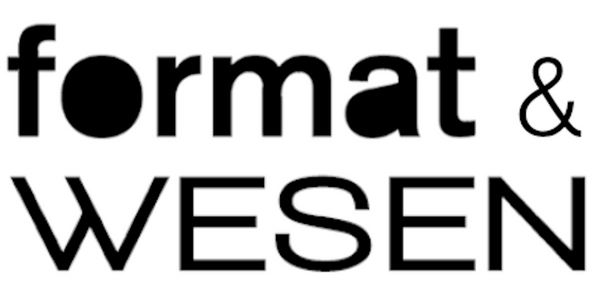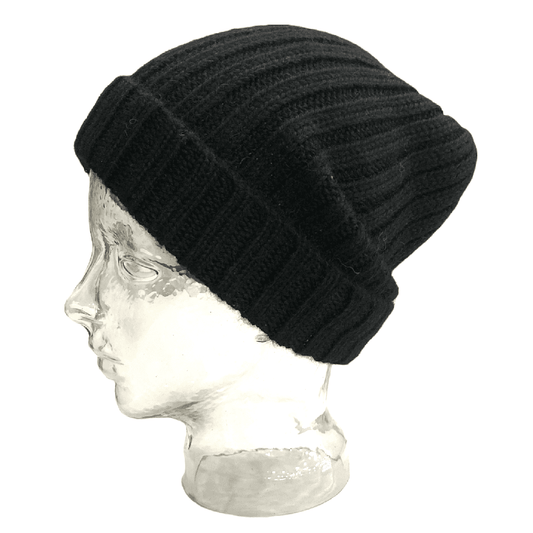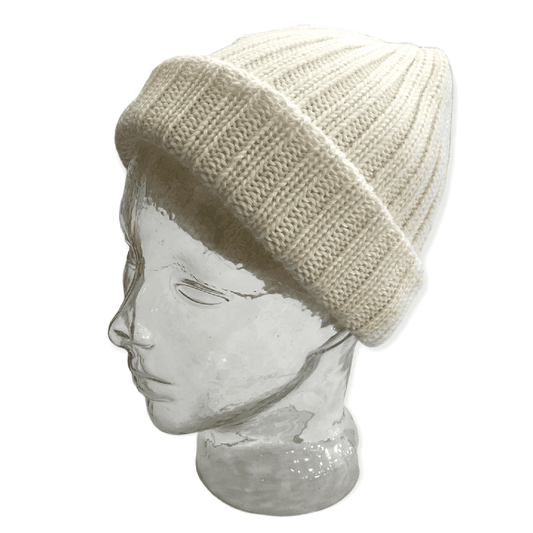-
Alpaca hat Milagros
Vendor:VerdonnaRegular price €59,00Regular priceUnit price / per
Collection: Verdonna

Wonderfully soft unique alpaca hats from Puno on Lake Titicaca - Verdonna is a female empowerment brand and combines craftsmanship with sustainability and fairness. The wool comes from small farmers who Lorena Gerstner from Verdonna knows personally.
Verdonna relies on solidarity. The sales opportunities for the valuable knitwear in Peru are limited. Verdonna purchases the unique pieces directly and provides the craftswomen with a reliable source of income. In order to create fair purchasing conditions, the partners in Peru calculate the prices themselves. The income from their craftsmanship allows the women to take their lives into their own hands.
Only 100% (baby) alpaca wool is used. The valuable yarn is incredibly soft and supple. In addition, the wool is very light, breathable and hypoallergenic. The great thing about this wool is that there is hardly any pilling effect and the garments are therefore very durable.
What's also special about the eco-balance of alpaca wool is that the pastureland is not trampled on during husbandry. Due to pads in their hooves, the alpacas do not harm the fragile soils of the Peruvian plateau. They only feed on the upper part of the flora there, without removing the roots of the plants.
Let customers speak for us
from 64 reviews
Der perfekte Schuh, angenehmer Tragekomfort, Verarbeitung Spitzenmässig.
Immer wieder gerne Ten Points Schuhe

Sehr bequem

ok

Der Rucksack sieht sehr edel und gut verarbeitet aus.

Hallo zusammen,
die Lieferung hat wunderbar geklappt leider passt der Laptop nicht in die Tasche
und musst zurückgeschickt werden.
Aber das Material und die Verarbeitung sind spitze.

Die Geldbörse Sonny square scheint von sehr guter Qualität zu sein.
Die Mitarbeiter/innen, mit denen ich zu hatte, waren alle sehr freundlich und hilfsbereit.
Daher 5 Sterne!

Super schneller Versand, gute Verpackung, bestes Produkt. Alles super *****

Ich hab mich so gefreut, mein erster Arbeitstag nach Urlaub, und ich hab ihn schon vor der Haustür aufspannen müssen. In der S-Bahn war der auch schon trocken. Ganz vielen Dank für die superschnelle Lieferung, Frauke.

Einfach mega, ein Besseres Geburtstag hätte ich nicht finden können 🤩!
Super schönes Design und fühlt sich gut an 👍🏼

noch nicht getestet, aber erhalten (Weihnachtsgeschenk!); das Material ist toll, Klein, handlich, weich. Superschön!!!!

Und wie immer schnelle Lieferung vom netten "Wesen-Team" aus Berlin.
Freue mich immer sehr über den persönlichen Gruß und über die veganen Gummi-Herzchen :)

Sehr freundliches Team, die bestellten Socken sehen nicht nur toll aus, sie lassen sich auch angenehm tragen.
Ein gelungenes Geschenk zum Geburtstag 🌼🌼🌼.

Im vergangenen Jahr in grau bestellt, super angenehm zu tragen, verliert die Form nicht👍 trägt nicht auf uuuund bringt die Beine klasse zur Geltung!
Und wieder liebevolle Zeilen direkt mitgeliefert 😁

Ich habe ein tolles Kleidungsstück gekauft und freue mich euch unterstützt zu haben.

Pullover sieht genau so aus wie abgebildet, angenehmer Tragekomfort. Ich bin sehr zufrieden damit und habe schon Komplimente bekommen. Er wärmt gut und temperiert angenehm.


